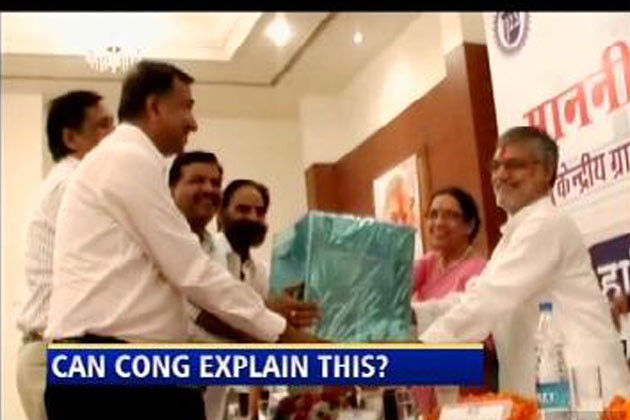Shah Bano case
From Wikipedia, the free encyclopedia
The Shah Bano case was a controversial divorce lawsuit in India, in which Shah Bano, a 62 year old Muslim woman and mother of five from Indore, Madhya Pradesh, was divorced by her husband in 1978 and was subsequently denied alimony. The case created considerable debate and controversy about the extent of having different civil codes for different religions, especially for Muslims in India. This case caused the Rajiv Gandhi government, with its absolute majority, to pass the Muslim Women (Protection of Rights on Divorce) Act, 1986 which diluted the secular judgment of the Supreme Court and, in reality, denied even utterly destitute Muslim divorcees the right to alimony from their former husbands.
[edit] Overview
Shah Bano, a 62 year old Muslim woman and mother of five from Indore, Madhya Pradesh, was divorced by her husband in 1978. The Muslim family law (marriage, gifts, inheritance, adoption and a few other civil laws are under the purview of personal laws in India - they are different for Christians, Muslims and Hindus) allows the husband to do this and also the wife: the husband just needs to say the word Talaq (meaning divorce) three times before two witnesses for a valid divorce.
Shah Bano, because she had no means to support herself and her children, approached the courts for securing maintenance from her husband. When the case reached the Supreme Court of India, seven years had elapsed. The Supreme Court invoked Section 125 of Code of Criminal Procedure, which applies to everyone regardless of caste, creed, or religion. It ruled that Shah Bano be given maintenance money, similar to alimony.












